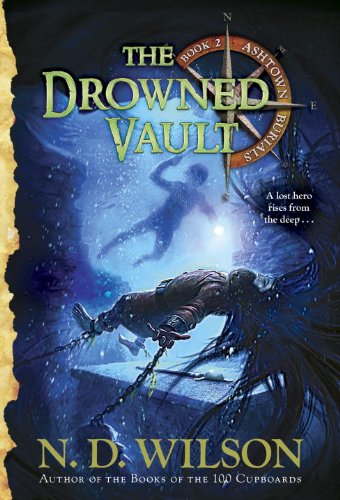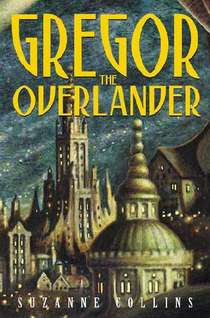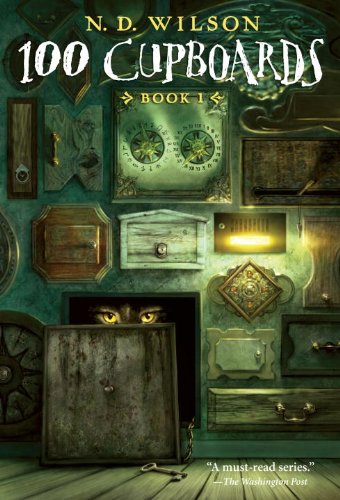This is a really neat story written by Jules Verne.
It's a great read, and I recommend that you read it if you have not already.
The story starts in London on Tuesday, October 1, 1872. Fogg is a rich English
gentleman living in solitude. Despite his wealth, Fogg lives a modest
life with habits carried out with mathematical precision. Very little
can be said about his social life other than that he is a member of the Reform Club. Having dismissed his former valet, James Foster, for bringing him shaving water at
84 °F (29 °C) instead of
86 °F (30 °C), Fogg hires a Frenchman by the name of Jean Passepartout as a replacement.
At the Reform Club, Fogg gets involved in an argument over an article in
The Daily Telegraph stating that with the opening of a new railway section in India,
it is now possible to travel around the world in 80 days. He accepts a
wager for £20,000 from his fellow club members, which he will receive if
he makes it around the world in 80 days. Accompanied by Passepartout,
he leaves London by train at 8:45 P.M. on Wednesday, October 2, 1872,
and is due back at the Reform Club at the same time 80 days later,
Saturday, December 21, 1872.
The itinerary
| London, United Kingdom to Suez, Egypt |
rail and steamer across the Mediterranean Sea |
7 days |
| Suez to Bombay, India |
steamer across the Red Sea and the Indian Ocean |
13 days |
| Bombay to Calcutta, India |
rail |
3 days |
| Calcutta to Victoria, Hong Kong |
steamer across the South China Sea |
13 days |
| Hong Kong to Yokohama, Japan |
steamer across the South China Sea, East China Sea, and the Pacific Ocean |
6 days |
| Yokohama to San Francisco, United States |
steamer across the Pacific Ocean |
22 days |
| San Francisco to New York City, United States |
rail |
7 days |
| New York to London |
steamer across the Atlantic Ocean and rail |
9 days |
| Total |
80 days |
|
Map of the trip |
Fogg and Passepartout reach Suez in time. While disembarking in Egypt, they are watched by a Scotland Yard
detective named Fix, who has been dispatched from London in search of a
bank robber. Because Fogg matches the description of the robber, Fix
mistakes Fogg for the criminal. Since he cannot secure a warrant in
time, Fix boards the steamer conveying the travellers to Bombay. Fix
becomes acquainted with Passepartout without revealing his purpose. Fogg
promises the steamer engineer a large reward if he gets them to Bombay
early. They dock two days ahead of schedule.
After reaching India they take a train from Bombay (now Mumbai) to Calcutta (Kolkata). Fogg learns that the
Daily Telegraph
article was wrong—the railroad ends at Kholby and starts again 50 miles
further on at Allahabad. Fogg buys an elephant, hires a guide, and
starts toward Allahabad.
They come across a procession in which a young Indian woman, Aouda, is led to a sanctuary to be sacrificed by suttee the next day by Brahmins. Since the young woman is drugged with opium and hemp
and is obviously not going voluntarily, the travellers decide to rescue
her. They follow the procession to the site, where Passepartout takes
the place of Aouda's deceased husband on the funeral pyre
on which she is to be burned. During the ceremony he rises from the
pyre, scaring off the priests, and carries the young woman away. The two
days gained earlier are lost, but Fogg shows no regret.
The travellers hasten to catch the train at the next railway station,
taking Aouda with them. At Calcutta, they board a steamer going to Hong
Kong. Fix has Fogg and Passepartout arrested. They jump bail and Fix
follows them to Hong Kong. He shows himself to Passepartout, who is
delighted to again meet his travelling companion from the earlier
voyage.
In Hong Kong, it turns out that Aouda's distant relative, in whose
care they had been planning to leave her, has moved, probably to Holland,
so they decide to take her with them to Europe. Still without a
warrant, Fix sees Hong Kong as his last chance to arrest Fogg on British
soil. Passepartout becomes convinced that Fix is a spy from the Reform
Club. Fix confides in Passepartout, who does not believe a word and
remains convinced that his master is not a bank robber. To prevent
Passepartout from informing his master about the premature departure of their next vessel,
Fix gets Passepartout drunk and drugs him in an opium den. Passepartout
still manages to catch the steamer to Yokohama, but neglects to inform
Fogg.
Fogg discovers that he missed his connection. He searches for a vessel that will take him to Yokohama, finding a pilot boat that takes him and Aouda to Shanghai,
where they catch a steamer to Yokohama. In Yokohama, they search for
Passepartout, believing that he may have arrived there on the original
boat. They find him in a circus, trying to earn the fare for his
homeward journey. Reunited, the four board a steamer taking them across
the Pacific to San Francisco.
Fix promises Passepartout that now, having left British soil, he will
no longer try to delay Fogg's journey, but support him in getting back
to Britain to minimize the amount of his share of the stolen money that
Fogg can spend.
In San Francisco they board a transcontinental train to New York, encountering a number of obstacles along the way: a massive herd of bison crossing the tracks, a failing suspension bridge, and the train being attacked by Sioux
warriors. After uncoupling the locomotive from the carriages,
Passepartout is kidnapped by the Indians, but Fogg rescues him after
American soldiers volunteer to help. They continue by a wind powered sledge to Omaha, where they get a train to New York.
In New York, having missed the sailing of their ship, Fogg starts looking for an alternative to cross the Atlantic Ocean. He finds a steamboat destined for Bordeaux, France.
The captain of the boat refuses to take the company to Liverpool,
whereupon Fogg consents to be taken to Bordeaux for $2000 (roughly
$39,167 today) per passenger. He then bribes the crew to mutiny
and make course for Liverpool. Against hurricane winds and going on
full steam, the boat runs out of fuel after a few days. Fogg buys the
boat from the captain and has the crew burn all the wooden parts to keep
up the steam.
The companions arrive at Queenstown
(Cobh), Ireland, in time to reach London before the deadline. Once on
British soil, Fix produces a warrant and arrests Fogg. A short time
later, the misunderstanding is cleared up—the actual robber was caught
three days earlier in Edinburgh. However, Fogg has missed the train and returns to London five minutes late, certain he lost the wager.
Fogg apologises to Aouda
for bringing her with him, since he now has to live in poverty and
cannot support her. Aouda confesses that she loves him and asks him to
marry her. He calls for Passepartout to notify the minister. At the
minister's, Passepartout learns that he is mistaken in the date, which
he takes to be Saturday, December 21, but which is actually Friday,
December 20, because the party travelled eastward, gaining a day.
Passepartout hurries to inform Fogg, who reaches the Reform Club just in time to win the wager. Fogg marries Aouda and the journey around the world is complete.
















